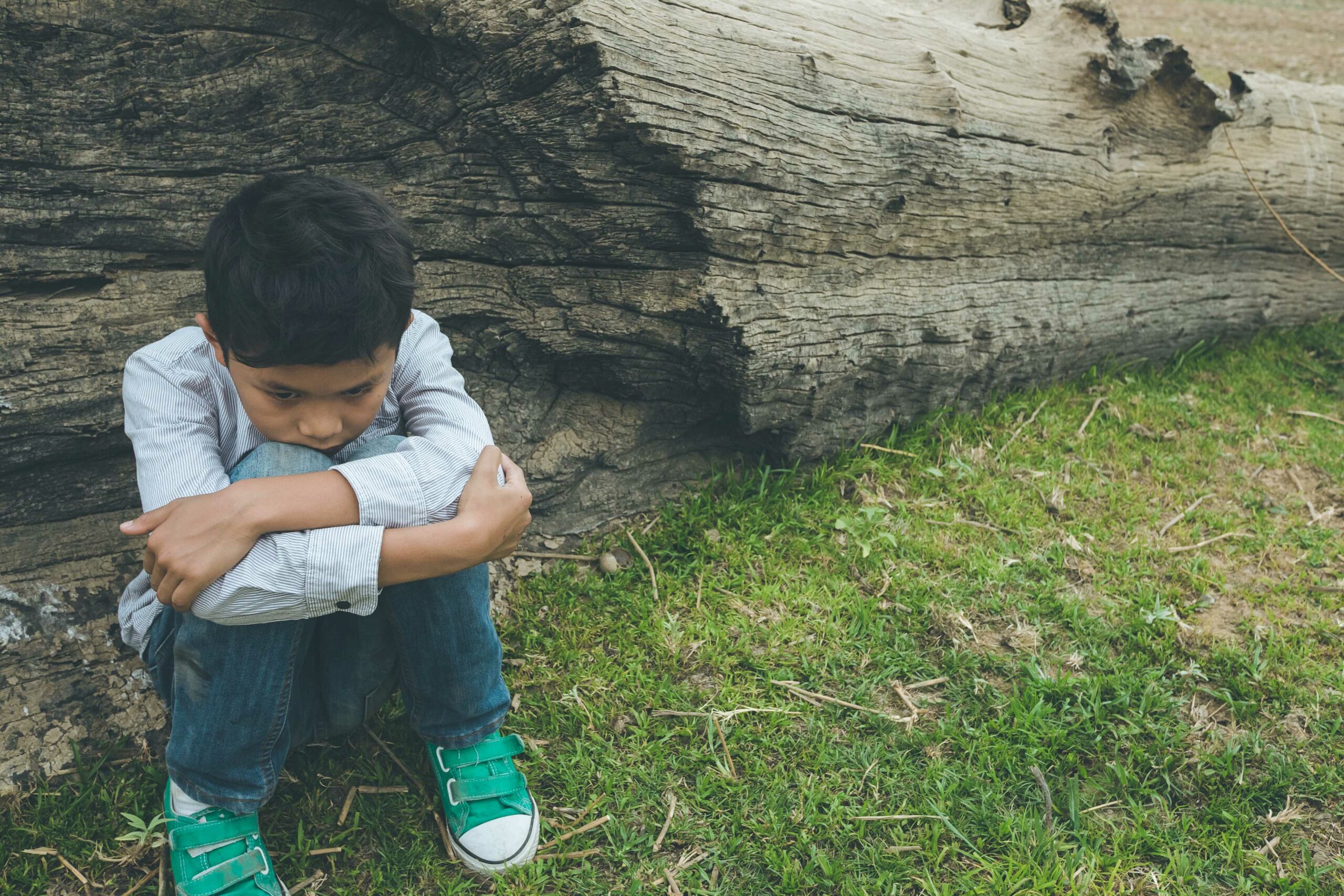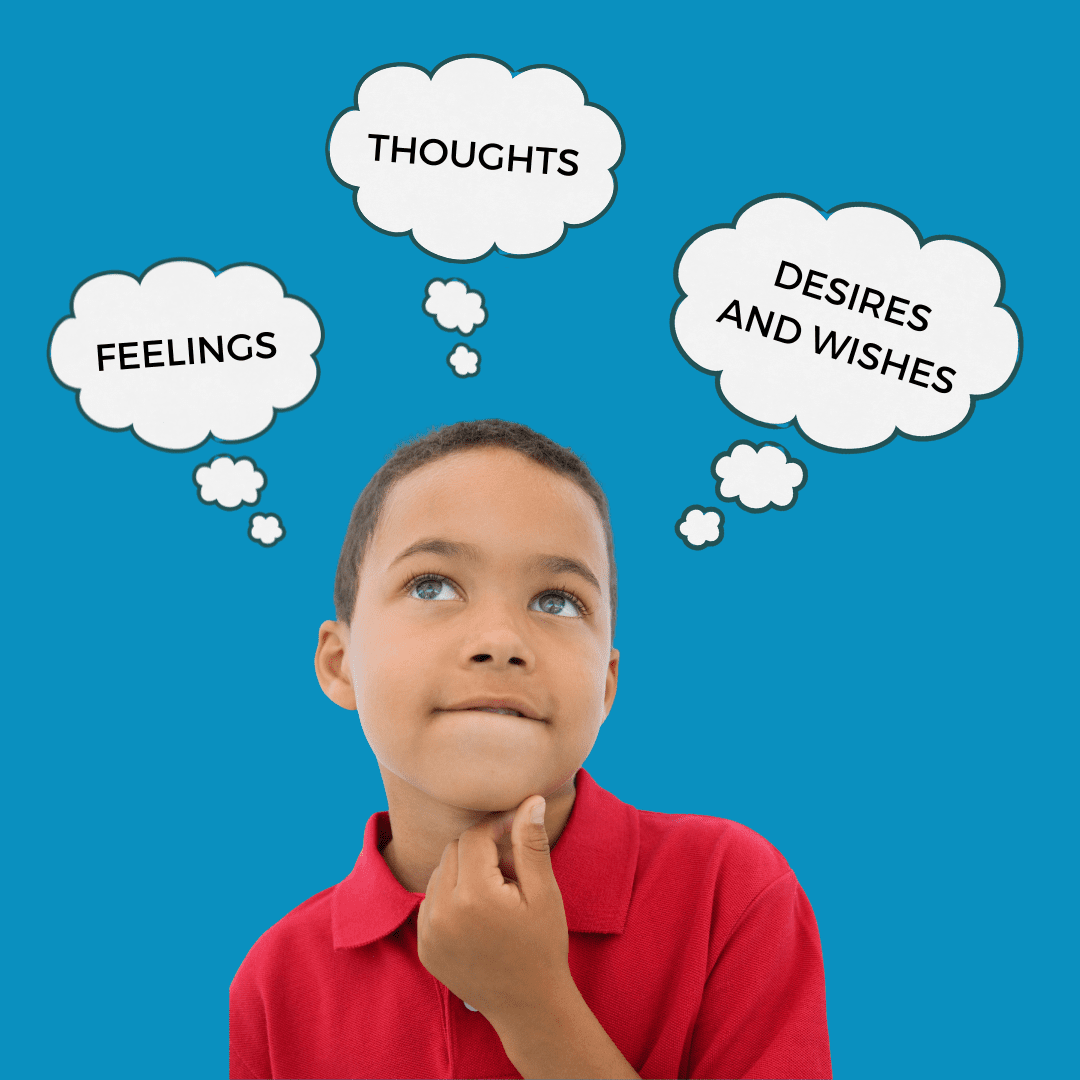Mind-mindedness: The Key to Connecting and Building Trust with Your Child

Children who have experienced trauma in their early lives need to feel connected. Connection is the foundation upon which we can build a loving and secure relationship that will help heal our child’s hurt. When you build a connection with your child, you are building their trust – trust that you will care for them, trust that you will provide for their needs, trust that you will help when help is needed.
The issue we can run into, is that children with trauma often come to us feeling afraid and resistant to connection. They have learnt from their previous parental relationships that adults cannot be trusted, they will hurt you and they will leave you. They haven’t yet experienced a connected and loving relationship with a caregiver, so they try to avoid it altogether.
So how do we go about forming a connection with a child who is trying their best to avoid it?
The answer is mind-mindedness
Mind-mindedness is the ability to understand the child’s internal experiences – what the child feels, thinks, believes, desires, and wishes for. This is different from traditional parenting, which focuses on the external behaviour of the child, rather than the internal experience of what they are thinking and feeling.

How does mind-mindedness build connection?
Connection relies on understanding the internal experience of the child, and mind-mindedness is the tool that can help us do just that. When we are mind-minded, we are able to make sense of the inner world of our child, and as a result we can relate to and empathise with them on a deeper level. As we continue to practice mind-mindedness and understand things from the child’s point of view, the child will begin to feel accepted and more secure. They feel understood, and that we are validating their inner experience.
How do we be mind-minded?
The first, and most important step in being mind-minded, according to Caring Families Aotearoa’s Therapist, is to slow down your internal being before you try to engage with your child. How are you supposed to connect with what your child is thinking and feeling, if you haven’t stopped to think about what YOU are thinking and feeling first? Without slowing down, thinking about how you are feeling, and collecting your thoughts, you are more likely to act impulsively or accidentally say something that will trigger your child. Slowing down will get you where you want to go faster. Ask yourself: “am I ready to engage with my child in a therapeutic way?”
When you are ready, start to be curious about your child’s inner experience as you interact with them. As you make tentative guesses, and speak this out loud to your child, remain open to feedback and be ready to adjust your guesses in light of how your child responds to you.

Practice, and be patient
Being mind-minded takes practice, it’s not an ability we can develop overnight. So be patient with yourself. Overtime, as you start to get a deeper understanding of your child, it will get easier to be mind-minded with them. Remember too, that it might take time for the child to respond to your mind-mindedness. Their trauma makes them resistant to connect with you, but with time, and repeated use of mind-mindedness, it is possible.
Mind-mindedness is a key tool of therapeutic parenting we discuss in many of our caregiver training workshops. To learn more about our caregiver training, click here.
